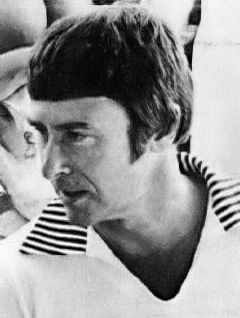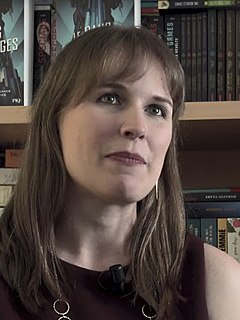A Quote by Peggy Whitson
I would love to set foot on another planet - lunar or Mars or somewhere.
Related Quotes
The future is about wings and wheels and new forms of space transportation, along with our deep-space ambition to set foot on another world in our solar system: Mars. I firmly believe we will establish permanence on that planet. And in reaching for that goal, we can cultivate commercial development of the moon, the asteroid belt, the Red Planet itself and beyond.
I think my career will end too early for me to go to Mars, though I might be involved in preparing the next generation to go. I'd love to explore Mars, but, ultimately, it's kind of a crappy planet. The thing is, Mars One people would never go outside without a spacesuit ever again. You're going to live in a tin can. Space stations are noisy; it's like living inside a computer with the fan on all the time. You're never going to smell grass or trees. It's just never going to be anything like Earth. You're never going to swim. You're giving up so much.
To send humans back to the moon would not be advancing. It would be more than 50 years after the first moon landing when we got there, and we'd probably be welcomed by the Chinese. But we should return to the moon without astronauts and build, with robots, an international lunar base, so that we know how to build a base on Mars robotically.





























